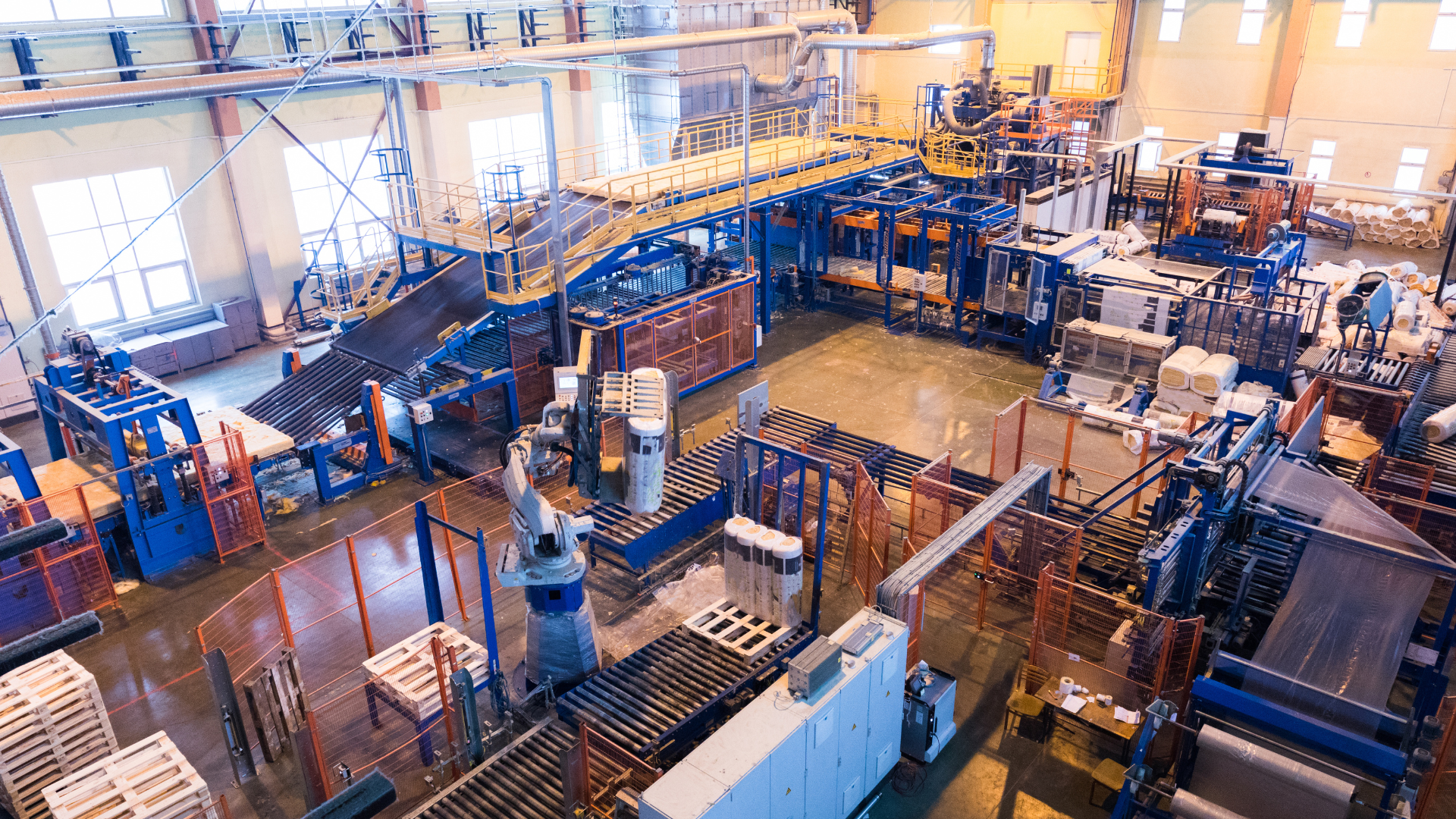
Unlocking the Hidden Value of ERP in Manufacturing
As a manufacturer, it’s important that you continuously discover new and more effective ways of running your business so that you can remain competitive. For instance, implementing an enterprise resource planning (ERP) system is one of the best ways to become more efficient.
ERP systems offer significant benefits to manufacturers because they can streamline and automate complex manufacturing processes–they may even have hidden capabilities that will transform your manufacturing business. The first step in implementing this enterprise technology is to understand how a manufacturing ERP system can benefit your organization.
What an ERP System Has to Offer
Installing and integrating an ERP system into a manufacturing operation is considered a best practice in the industry. It supports data integrity, a mobile workforce, growth management, collaboration, and overall productivity.
Here are the main benefits ERP systems can offer your manufacturing business:
1. Enhanced Productivity
As an entrepreneur, you understand that better productivity isn’t an accident, but rather a result of deliberate planning coupled with a commitment to excellence and focused effort. With an ERP system, you can easily manage daily schedules, ensuring that everything happens promptly and systematically.
This way, you’ll be able to optimize your resources because the system enables you to use a centralized database populated with real-time information. ERP and quality management of data and resources also go hand-in-hand.
In addition, an ERP promotes advanced strategic planning, meticulous execution of critical business decisions, speedy implementation of new ideas, and enhanced synchronization. All of these improvements lead to improved productivity.
An ERP system will streamline your financial operations and make it easier for you to manage your sales processes by offering accurate and real-time data so you can make well-informed business decisions. Because it creates and maintains a centralized database, your staff can easily share critical data and enjoy better collaboration.
2. Better Utilization of Resources
As competition in the manufacturing industry continues to intensify, you have to find ways to utilize your limited resources effectively and maximize your profits. One way to achieve this is to implement an ERP system.
You can use it to automate critical tasks and consolidate important data into one platform where everyone in your organization can access all the information they need to do their jobs and collaborate with others. This way, you won’t have to waste time searching for and revising relevant data.
ERPs also eliminate the need to store paper documents that require you to invest in a significant amount of storage space. With an ERP system, the potential for errors in your data and supply chain is reduced significantly, saving time and reducing your operational costs.
An ERP system reduces the need to invest in other software programs, as well, and allows your staff to focus on other more important tasks. It also enables your staff to achieve more in less time.
3. Better Collaboration Through Data Integration
Manufacturing involves numerous processes that require different departments to collaborate and share accurate information. An ERP system allows you to integrate data from multiple sources and platforms, creating a centralized source of data where everyone in your business can access critical data in real time.
When there’s better collaboration between departments and staff, there are fewer errors and redundancies. This system helps you to maintain consistency, accuracy, and the quality of your data.
As a result, your workforce is more efficient and productive, which increases your business’s overall productivity and profitability. The system eliminates the need to invest in expensive software solutions such as customer relationship management, materials requirements planning, human resource management, and billing tools.
4. Improved Security of Your Data
Your competitors will do anything in their power to access sensitive and critical information about your business operations. For this reason, you must invest in advanced data security solutions.
An ERP system is a secure platform that keeps important data protected. As part of this feature, you can enhance your data restrictions to ensure that only authorized users have access.
The latest ERP systems are fully encrypted with automatic updates. In years past, ERP systems required manual updates to each component of the software. This gave cyber criminals an opportunity to penetrate the system and steal data. With modern ERP solutions, you don’t have to apply updates manually–they release updates automatically and regularly, reducing the risk of cyberattacks.
5. Better Projections and Reporting
The manufacturing industry requires timely reporting of data so that you can use information from multiple sources to make accurate forecasts about the market and important business decisions.
Your ERP system streamlines your production, inventory management, sales, and procurement processes, ensuring that you have accurate data at all times to make the right decisions and maintain consistency.
How can Navigator Business Solutions help?
Finally, the benefits that you can reap from the implementation of ERP systems are proof that manufacturing businesses need this tool to reach greater heights. Reach out to Navigator Business Solutions today for advice on the right ERP solution for your company.
www.nbs-us.com | info@nbs-us.com | (801) 642-0123 | Contact Us

